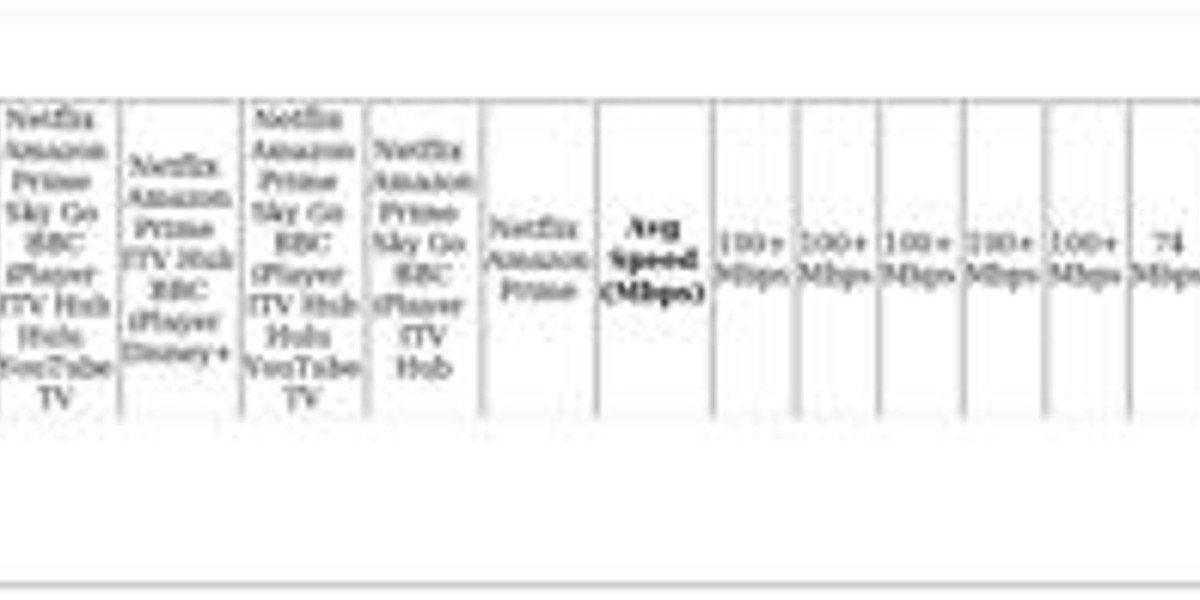Understanding Mental Health Screening Tools: An Essential Guide
Mental health has ended up being an increasingly essential topic in today's society, given the growing awareness of its influence on total well-being and quality of life. As the discussion around mental health continues to develop, assessment and intervention strategies have also advanced significantly. Central to this evolution are mental health screening tools-- instruments developed to help in the early detection of mental disorders and examine the severity of symptoms. This short article looks into different screening tools, their significance, how they are made use of, and the future of mental health assessments.
What are Mental Health Screening Tools?
Mental health screening tools are standardized questionnaires or assessment inventories that assist recognize individuals who may have mental health conditions. These tools assist mental health professionals in examining emotional, psychological, and social well-being. By recognizing risk elements and symptoms early, proper interventions can be started, resulting in better outcomes for individuals.
Significance of Mental Health Screening Tools
The significance of mental health screening tools can not be downplayed. They play a vital function in:
- Early Detection: Early identification of mental health problems can cause prompt intervention, which is critical in improving general outcomes.
- Standardization: Screening tools supply a standardized step to assess mental health, offering a consistent technique for doctor.
- Treatment Planning: The outcomes of these screenings notify treatment decisions, enabling practitioners to tailor interventions to particular needs.
- Tracking Progress: Regular screening permits the monitoring of symptoms and the effectiveness of treatments in time, assisting in adjustments as essential.
Common Types of Mental Health Screening Tools
Numerous screening tools have actually been developed for many years to address various mental health concerns. Below are some of the commonly used instruments categorized by their focus:
| Tool Name | Focus Area | Description |
|---|---|---|
| PHQ-9 | Depression | A 9-item self-report questionnaire assessing the seriousness of depressive signs. |
| GAD-7 | Generalized Anxiety Disorder | A 7-item tool developed to measure the seriousness of generalized anxiety symptoms. |
| Beck Depression Inventory | Depression | A commonly utilized instrument with 21 questions for examining the presence and seriousness of depression symptoms. |
| PTSD Checklist (PCL-5) | Post-Traumatic Stress Disorder | A 20-item self-report scale that evaluates the existence and severity of PTSD symptoms. |
| Mental Health Inventory (MHI) | General Mental Health | A 38-item questionnaire examining various elements of mental health, consisting of anxiety and depression. |
How are Mental Health Screening Tools Used?
Using mental health screening tools typically follows a structured method, which consists of the following actions:
- Selection of Tool: Choosing the appropriate screening tool based upon the person's providing concerns and presumed conditions.
- Administration: Screening tools can be administered in numerous settings, consisting of clinical environments, schools, and community companies. Some are self-administered, while others require assistance by a trained specialist.
- Scoring: Once responses are gathered, they are scored according to developed guidelines. Scores help figure out the existence or absence of mental health disorders.
- Interpretation: Mental health experts interpret the results within the broader context of the person's history and scenarios, resulting in a comprehensive understanding of their mental health.
- Follow-Up: Based on the findings, even more assessments or referrals to proper services might be advised.
The Future of Mental Health Screening Tools
The landscape of mental health screening is continually advancing. Here are some patterns forming the future of these tools:
- Digital Innovations: The rise of digital mental health innovations has actually led to the advancement of online screening platforms and mobile applications, making assessment more accessible.
- Integrated Care Models: As mental and physical health continue to converge, screening tools might be incorporated into basic health assessments, fostering a more holistic technique to health care.
- Cultural Sensitivity: There is a growing focus on guaranteeing that screening tools are culturally pertinent and linguistically appropriate for varied populations, boosting their efficiency.
- Real-Time Data: Wearable innovation might make it possible for the collection of real-time data, enabling ongoing monitoring of mental health conditions.
Frequently asked questions
1. What is the function of mental health screening tools?Mental health
screening tools are created to identify possible mental health concerns early, allowing for prompt intervention and much better treatment outcomes.

2. Are screening tools accurate?While screening
tools can be efficient for identifying signs, they are not diagnostic tests. A qualified mental health expert ought to analyze outcomes, considering them together with comprehensive clinical assessments. 3. Can I utilize screening tools on my
own?Many screening tools are offered for self-administration. However, it's recommended to go over the outcomes with a healthcare provider for appropriate interpretation and guidance on next steps. 4. How often should screening be conducted?The frequency of screenings depends on specific situations, threat elements, and suggestions from doctor. Routine screening might be helpful, specifically for those at higher danger. 5. Do screening tools differ for children and adults?Yes, there are age-appropriate screening tools for both children and adults, as symptoms and expressions of mental health issues can vary by developmental stage. Mental health screening tools function as vital possessions in the pursuit of mental wellness. By promoting early detection, aiding in treatment planning, and promoting continuous assessment, these tools play a vital function in improving the quality of care offered to individuals dealing with mental health challenges. As advancements continue to shape the future, embracing these tools will be critical in making mental health assessments more efficient, available, and inclusive around the world.



